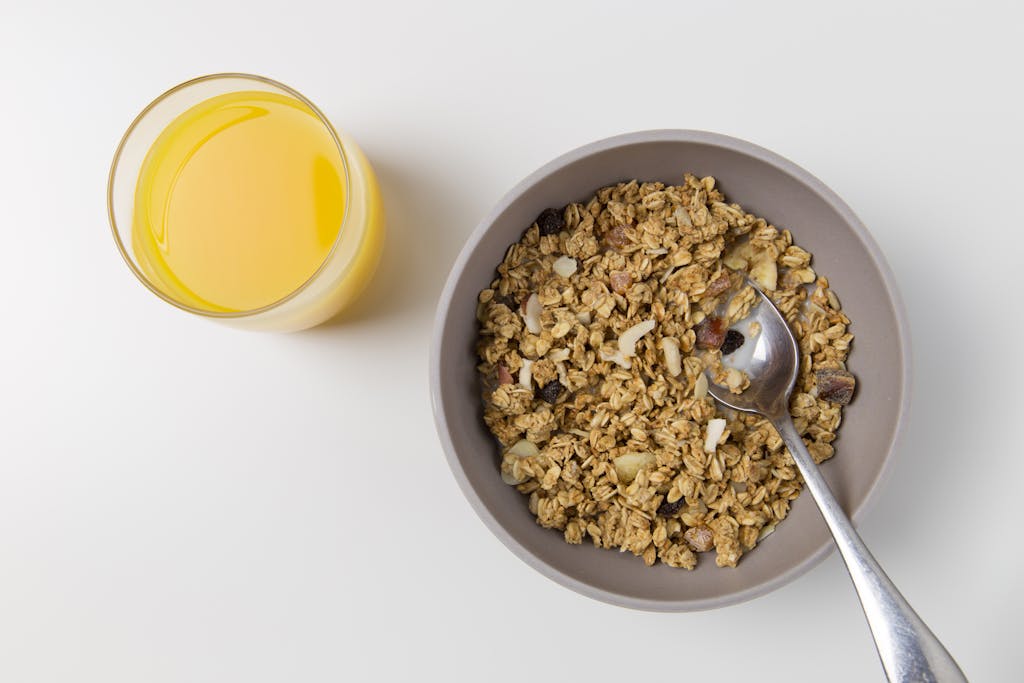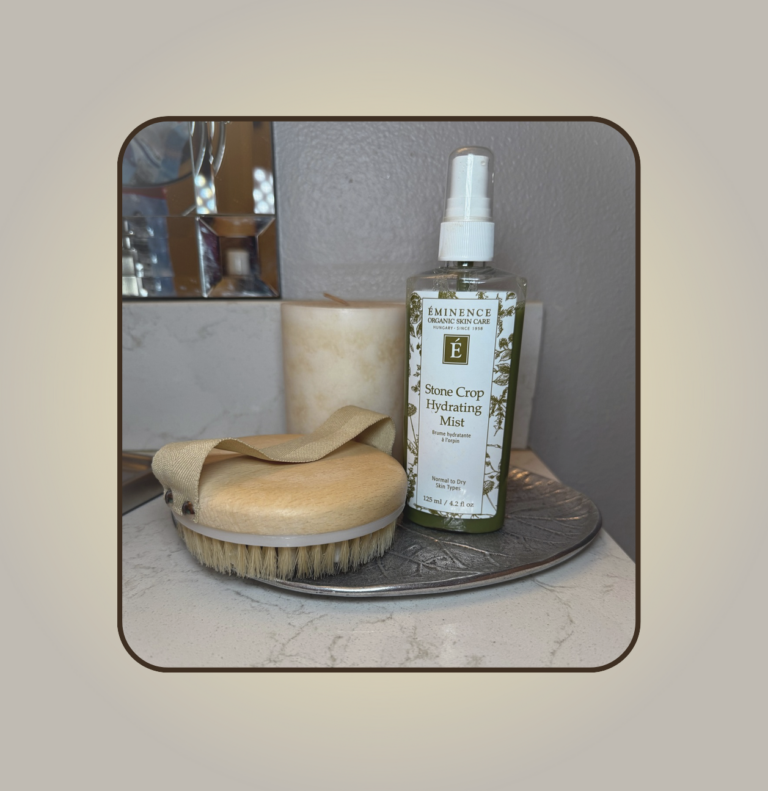Prebiotics and Allergies: Can They Boost Your Immune System?
When we think about gut health, prebiotics often take center stage for their role in nourishing beneficial gut bacteria. But did you know that consuming prebiotics may also improve your immune system and help with allergies? While the research is still emerging, there are some intriguing findings worth exploring.
How Dietary Fiber Supports Immune Health
Some studies have indicated that dietary fiber may not just be a passive component of our diet; it may actively contributes to immune health in several ways:
Gut Microbiota Modulation: Dietary fiber acts as a prebiotic, feeding the beneficial bacteria in our gut. A healthy and diverse gut microbiota is crucial for a strong immune system, as it helps protect against harmful pathogens, reduces inflammation, and regulates immune responses.
Production of Short-Chain Fatty Acids: When gut bacteria ferment dietary fiber, they produce short-chain fatty acids, such as butyrate, acetate, and propionate. These compounds have anti-inflammatory properties and help maintain the integrity of the gut barrier, preventing harmful substances from entering the bloodstream and triggering immune responses.
Regulation of Immune Cells: Dietary fiber influences the activity of immune cells, such as macrophages, dendritic cells, and T cells. By modulating these cells, fiber helps fine-tune the body’s immune responses, ensuring they are effective without being overly aggressive, which could lead to chronic inflammation or autoimmune diseases.
Reduction of Allergic Reactions: A fiber-rich diet can play a role in reducing the risk of allergic diseases. By supporting gut health and regulating immune function, dietary fiber may help decrease the likelihood of developing allergies or experiencing severe allergic reactions.
A small study found that prebiotics played a significant role in developing the gut flora of infants, which in turn may contribute to allergy prevention. The study specifically looked at whether prebiotics could reduce the incidence of atopic dermatitis, a common allergic skin condition. While the results were promising, it’s essential to acknowledge that this was a small study, and more extensive research is needed to draw definitive conclusions.
When it comes to treating allergies with prebiotics, the jury is still out. Current research does not offer concrete recommendations for the use of prebiotics—or probiotics, for that matter—in allergy treatment. For instance, some studies have aimed to assess the impact of probiotics on asthma, yet no significant effects were found. However, there has been some success in reducing eczema, another common allergic condition.
Interestingly, some studies suggest that symbiotics—a combination of prebiotics and probiotics—might offer more significant benefits than either alone. This finding aligns with the idea that a holistic approach to gut health, ensuring you’re getting both prebiotics and probiotics, could provide optimal health benefits.

It’s clear that more randomized controlled trials are needed to support further health guidance regarding prebiotics and their role in managing allergies. However, the preliminary research is promising, and it highlights the potential for prebiotics to contribute to a healthier immune system and possibly reduce the risk of allergic conditions.
In the meantime, focusing on a diet rich in prebiotics and probiotics is a proactive way to support your overall health, including your immune system. While we wait for more research to provide definitive answers, incorporating these nutrients into your diet is a step in the right direction.
Moro, G., Arslanoglu, S., Stahl, B., Jelinek, J., Wahn, U., & Boehm, G. (2006). A mixture of prebiotic oligosaccharides reduces the incidence of atopic dermatitis during the first six months of age. Archives of Disease in Childhood, 91(10), 814–819. https://doi.org/10.1136/adc.2006.098251
Osborn, D. A., Sinn, J. K., & Osborn, D. A. (2013). Prebiotics in infants for prevention of allergy. Cochrane Database of Systematic Reviews, 2013(3), CD006474–CD006474. https://doi.org/10.1002/14651858.CD006474.pub3
Venter, C., Meyer, R. W., Greenhawt, M., Pali‐Schöll, I., Nwaru, B., Roduit, C., Untersmayr, E., Adel‐Patient, K., Agache, I., Agostoni, C., Akdis, C. A., Feeney, M., Hoffmann‐Sommergruber, K., Lunjani, N., Grimshaw, K., Reese, I., Smith, P. K., Sokolowska, M., Vassilopoulou, E., … O’Mahony, L. (2022). Role of dietary fiber in promoting immune health—An EAACI position paper. *Allergy (Copenhagen)*, 77(11), 3185–3198. https://doi.org/10.1111/all.15430







